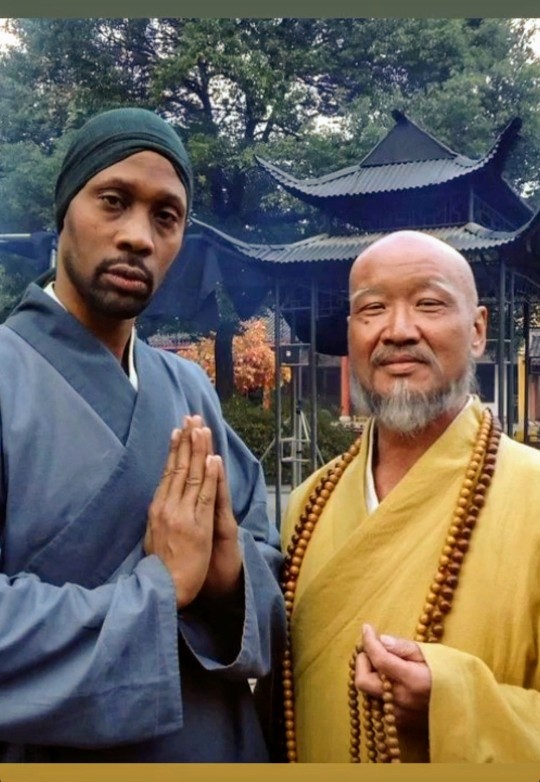#afrofusion
Photo
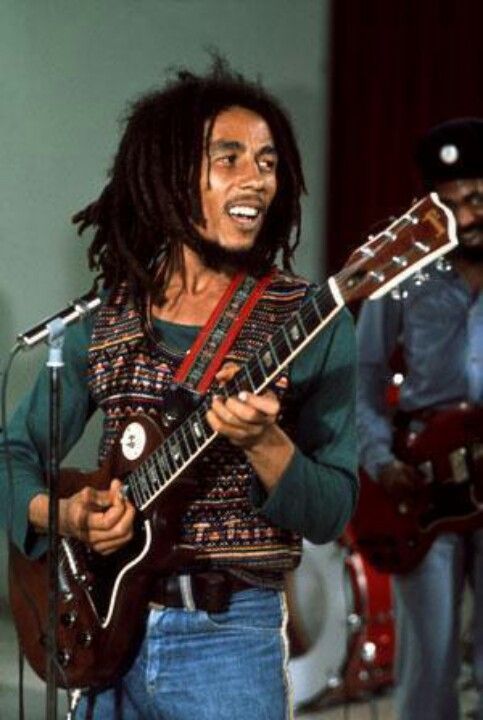
Afro Culture (My culture)
@woobosco
#rock star#reggae#roots rock reggae#hippie music#hippy life#hippie#hippy#afro hippie#afro hippy#hippie love#african#african american#afrocentric#afrofuturism#afro#African American Culture#african america history#afrofuturistic#afrofusion#Afro Punk#black#black people#black panther#black history#black love#woo bosco#blvck shvggy#black beauty#black men#afro culture
186 notes
·
View notes
Text
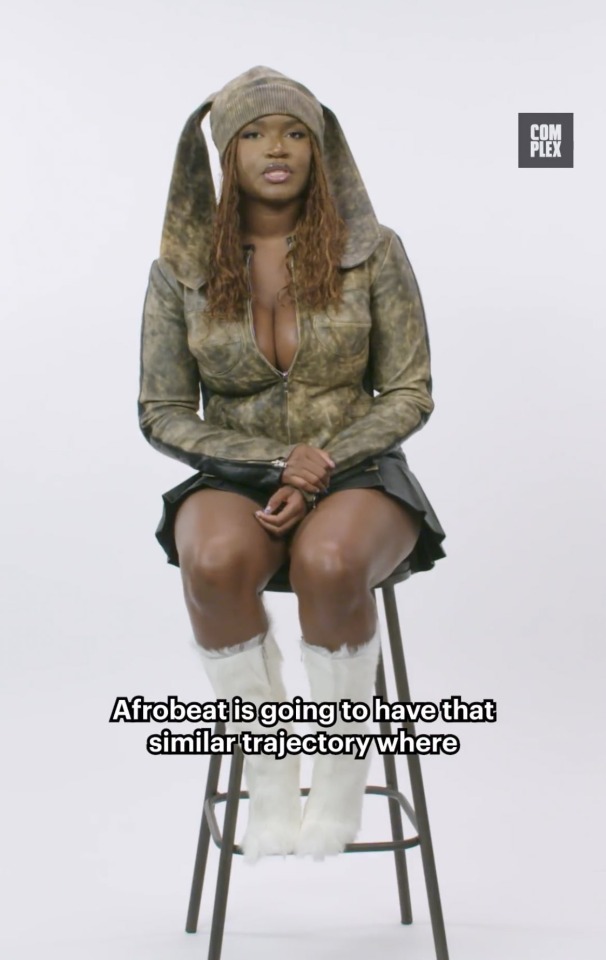
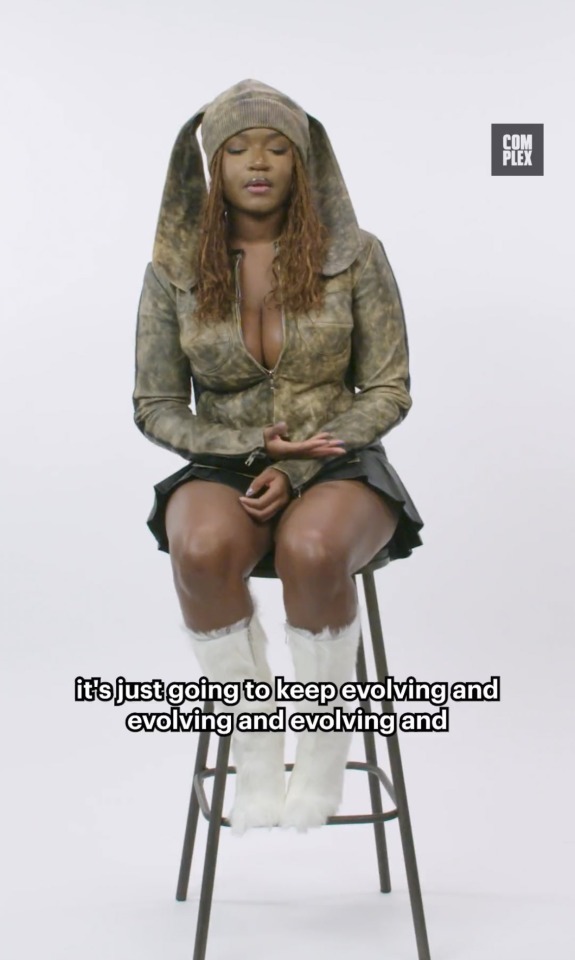
#amaarae#alté#afrobeats#afrofusion#afrovibes#spotify#west africa#music#ghana#nigeria#highlife#hiplife
66 notes
·
View notes
Text
I stumbled on this beautiful song "Imperial" by @elewa.music last night and decided to flip it some minutes ago.
I made it into an experimental afro-fusion, mellow hiphop track with dark textures. The original is DOPE Af and it's only right I do something left-field with this remix.
Do let me know what y'all think below 👇 .
.
7 notes
·
View notes
Text
Very cool cross-cultural dress I came across on Google: Uber Dandy Kimono's red samakaka yukata


I'd never heard of samakaka print before seeing this online. According to Continent Clothing: "a Samakaka is a fabric or clothing with symbols typically from the Mumuila tribe." and on the Uber Dandy Kimono website it is described as a "tribal Angolan (samakaka) print".
Lately I've found cross-cultural kimono and yukata super interesting, and it feels like its very easy to mix any cultural or popular design into a kimono because there's no requirement for specific colors or patterns.
#crossculturalinterracial#cross cultural#yukata#kimono#african culture#african fashion#afrofuturism#afrofusion#culture mix#cross cultural communication#kimono dress#kimono style#kimono art#kimono print#samakaka#angolan culture#angola#mumuila#mumuila tribe#intercultural#interacial#african tribe#african designer#african art#japanese kimono#Japanese yukata#african yukata#african kimono#culture mixing#japanese culture
32 notes
·
View notes
Text
Rema, The Prince Of Nigerian music
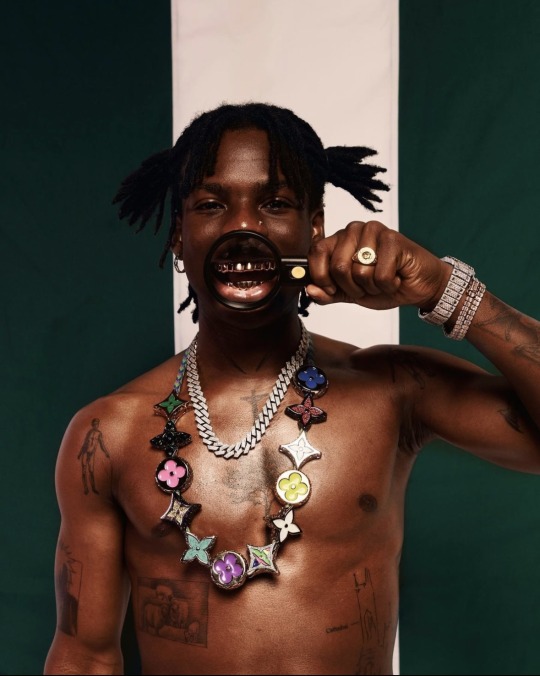
Rema and Selena Gomez's "Calm Down" continues to shatter worldwide records as it advances its claim for 2023's Song Of The Summer, and indeed for every other season—it has in fact completed a year on the Billboard Top 100 chart, and even now continues to chart in the Top 20. And as its impact has been far reaching, so also have the accolades. The most recent of these came only a few days ago, when the song officially crossed 1 billion streams on Spotify, crowning it the first African song to reach this feat, and also one of the 500 most streamed music tracks of all time. Before this was the MTV Video Music Award ceremony, where a charismatic Rema received an award for the maiden 'Best Afrobeats Song' category. Before calling on his co-creator to say a few words of thanks, he paid homage to Nigerian music icons that paved his way to the world's biggest stages—names like Fela, pioneer of Afrobeat (no 's'); D'banj and 2Baba, prominent figures who ruled through the 00s; Don Jazzy and D'Prince, his mentors at Mavin and Jonzing, his record labels; and of course Nigerian music royalty Wizkid, Burna Boy and Davido.
It is fitting that he makes such acknowledgements at a time when he too is progressing towards a career of this status. Nigerian music's growth, like he succinctly put, has come slowly but surely off the back of these creators, so that now, "Calm Down"'s worldwide acceptance does not draw the surprise it deserves from the Nigerian audience; exploits of the last two years appear to have numbed its citizens to what is possible. Two years ago, Essence, the Wizkid-Tems sultry collaboration that got a Justin Beiber touch for its remix, was having its moment in the sun with each new step applauded by the country, and it is important for context that Rema’s song has already amassed five times as many Spotify streams as its predecessor.
For many, this moment was always going to arrive for Nigerian music, the day when we would no longer need tags like "For an African artist" to qualify a new win; we would compete with parity against music from anywhere in the world. And for a tiny subset of these believers, it was always going to be Rema at the forefront of the vanguard effecting this cultural revolution for Nigeria. For the artist, born Divine Ikubor, has always borne a mark of divinity.
After catching the eye of D’prince, CEO of Jonzing record label, via a cover of his song, "Gucci Gang" that he posted on Instagram, the Benin-based singer got an invite to come to Lagos for a proper audition, after which he was signed to Jonzing, a Mavin record affiliate. At the age of 19 he made his entry via a self-named EP, a Mavin tradition, that highlighted in only four songs what Rema was set to bring to the industry. His euphonious vocals were for many the biggest and most prognostic highlight, but they masked other crucial aspects of his artistry—the depth of emotion he channels on "Why", and his dexterity in balancing this beside the fast-spinning Afropop bangers, "Dumebi" and "Iron Man".
A few months later, he made his reprisal, but in a new apparel—Trap music. His Rema Freestyle EP projected speedy delivery, snappy trap beats and rhymes about money, as Rema displayed another aspect of his artistry. Most noticeable was his sparsity of romantic themes on the new project, the substance with which he propped up his earlier effort. His third project, Bad Commando, found the balance between these two extremes, placing confident statements of self-aggrandisation (Dem know say I be bad commando”, he sings on Bad Commando) side by side with affecting professions of infatuation (The moment I see you na up NEPA, he begins on “Lady”), while he switches between Trap and Pop on the production side of things.
Releasing this project meant it was a very busy debut year for the singer, and at the 13th edition of the Headies he was awarded the Next Rated award—earmarking him as the next big star. In January he picked up a similar plaque at the Soundcity MVP Awards, and together with his City People Award for Revelation Of The Year, these plaques underscored how outstanding his debut year was. In 2020, though, it was time for the next stage of music release strategy, and this time he worked by releasing singles, as he tried to establish his sound as a balance of his Afropop, Trap and Arabian music origins. His first effort of the year was the two single pack of "Rainbow" and "Beamer", and the latter was the significantly more successful song, featuring Jamaican producer Rvssian who incorporated traces of the Dancehall genre.
These songs, along with his June release, "Alien", were drawn chiefly from the Trap corner of his artistry, but to properly dominate a country like Nigerian, he would need to create for a dance-loving audience, and with his next two singles, the melodious, groovy "Ginger Me" and the explosive "Woman", he sought to do exactly that. With the latter, Rema’s material also took on a sultry turn—“I too like woman, me I no dey gboran”—that he reprised with his next single, the Don Jazzy–produced "Bounce". Already Rema’s profile was growing exponentially on a national level as he sought inroads into the global market.
2022, for Rema, was the time to crystallise this three-year dominance in Nigeria's industry into a recognisable global profile. He released "Calm Down" in February, melding Afropop, Arabian and Dancehall influences for a track that was still authentically Nigerian—"Girl you sweet like Fanta", he says, reworking a popular Nigerian children's rhyme into a missive of playful adulation—and yet lent itself to foreign acceptance. To advance its entry into foreign markets, a stroke of collaborative genius brought a Selena Gomez remix, pouring fuel into the fire of the song's momentum so that it sauntered into the next gear of its worldwide ascent. With this remix has come multiple broken records, a couple of awards (including one for Rema as Headies Best Male Artist), and certifications that continue to roll in by the day.
As Rema continues to break new grounds both historically and geographically,—as in his recently-completed Indian tour—the next sets of doubts will centre around whether he can extend this fame beyond "Calm Down", and insert himself properly in world stardom. But that should be no problem. A combination of his astute singing talent, evocative writing and undeniable star power should ensure Rema fulfils his promise as prince of Nigerian music.
This article was written by Afrobeats City Contributor Ezema Patrick - @ezemapatrick (Twitter)
Afrobeats City doesn’t own the right to the images - image source: Instagram - @Scrdofme
#Afrobeats#AfrobeatsCity#Afrobeats article#Rema#Africa#African music#Afrobeats UK#UK Afrobeats#Afropop#Afrofusion#Calm Down#Selena Gomez
9 notes
·
View notes
Text
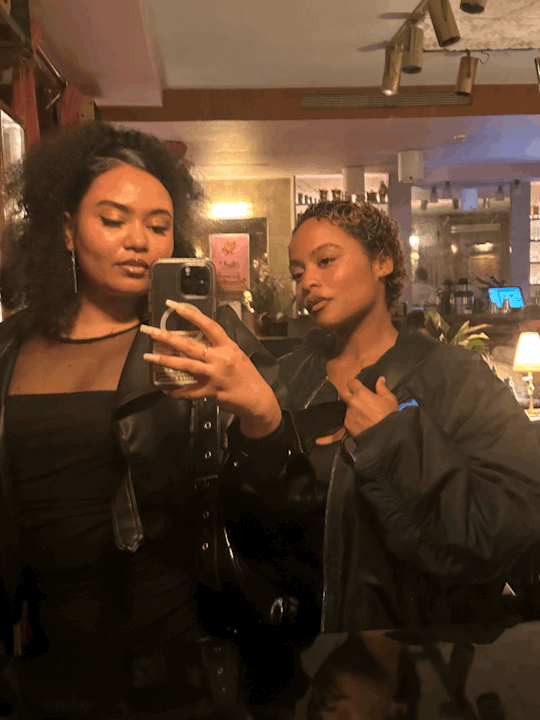

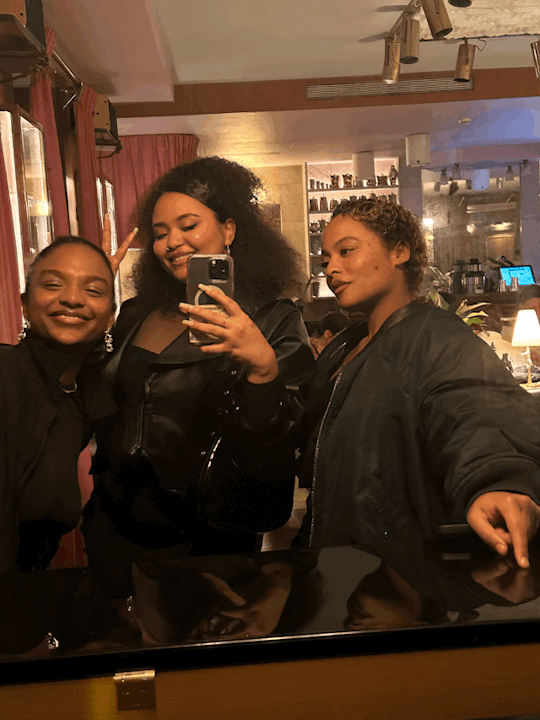

Wondergirl in Paris
#moliy#afrobeats#afrofusion#music#wondergang#wondergirl#ghana girl#ghana#UK#USA#PARIS#MOLIYINPARIS#MOLIYMUSICINPARIS#original character#nyc#MOLIYMUSIC#Danitsa#Girl gang
3 notes
·
View notes
Text
I’m seeing Burna live tonight for the 4th time and I’m so excited. I can’t wait to finally hear this song live 🥰
15 notes
·
View notes
Text
Burna Boy: Afro-Fusion Maestro and Global Cultural Icon
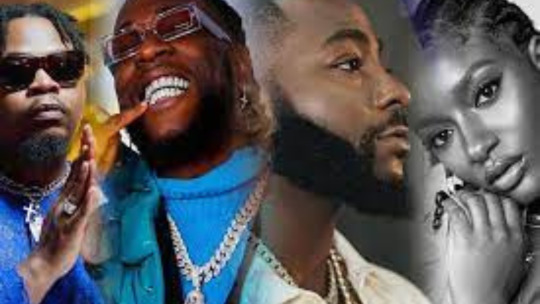
Burna Boy, the Nigerian musical maestro, has transcended borders, leaving an indelible mark on the global music scene. His Afro-fusion sound is a vibrant tapestry woven with influences from Afrobeat, reggae, and dancehall, creating a sonic experience that is uniquely Burna.
With critically acclaimed albums like “African Giant” and “Twice as Tall,” Burna Boy has not only asserted his musical prowess but also become a cultural ambassador, bridging the gap between traditional African sounds and contemporary global music trends.
Burna’s lyrical genius extends beyond mere entertainment, often touching on social issues, identity, and the African experience. His unapologetic celebration of African heritage resonates with audiences worldwide, sparking a renaissance in appreciation for diverse musical traditions.
Beyond the beats, Burna Boy is a torchbearer for African representation on the international stage. His Grammy win in 2021 for “Twice as Tall” signaled a historic moment for African music, solidifying Burna’s position as a global icon.
In a world where music is a universal language, Burna Boy’s compositions serve as a powerful testament to the richness of African culture. As he continues to shape the sound of a generation, Burna Boy stands not just as a musical powerhouse but as a cultural luminary, inspiring a new era of appreciation for the diverse sounds emanating from the continent.
#BurnaBoy#AfricanGiant#TwiceAsTall#Afrofusion#GlobalMusic#Afrobeat#Reggae#Dancehall#MusicalMaestro#GrammyWinner#AfricanMusic#CulturalIcon#MusicRevolution#LyricalGenius#BurnaVibes#AfricanHeritage#MusicInfluencer#ContemporaryAfro#MusicDiversity#BurnaExperience
2 notes
·
View notes
Text
Did a lil sum'n with a fave from my fave. #tsnmi
#kehlani#kehlani parrish#blue water road#kehlani everything#kehlani everything remix#afro#afrobeats#afrofusion#music#kehlani music#kehlani remix#tsnmi#tsunami mob#tsunami#SoundCloud
3 notes
·
View notes
Photo

Afro culture (My culture)
@woobosco
#Woo Bosco#woods#woodstock#Bosco Woo#woo#afrocentric#african#african american#afrofuturism#afro#afro hair#African American Culture#african america history#africa#afrohair#Afro Fashion#afro futurism#afrofusion#afrofuturistic#black people#black panther#black history#black power#blacklivesmatter#black fashion#black is beautiful#black#Soul#Soul Train#Soul Culture
137 notes
·
View notes
Text
I Like My Coffee With Some Head In Morning
Two Shots ✌🏾
I Like Bitches That Think They’re Important
#amaarae#alté#Spotify#afrovibes#spotify#afrofusion#west africa#music#nigeria#ghana#highlife#hiplife#afrobeats
15 notes
·
View notes
Text
What If
@tavesthegreat
Sang "FOLAKE" Over a Lofi Hip-Hop Beat? 🤔
.
Well, This Is How It Will Sound.
Taves- "FOLAKE" Hip-Hop Remix By Teck-Zilla
.
She Got Me Feeling Like There's Nothing Impossible…"
.
Please Retweet & comment, For The Culture. 🙏
#hiphop#rap#str8buttah#lagos#soul#london#afrofusion#afrowave#afrohiphop#afrobeats#rnbmusic#tavesthegreat#taves
2 notes
·
View notes
Photo

25 notes
·
View notes
Text
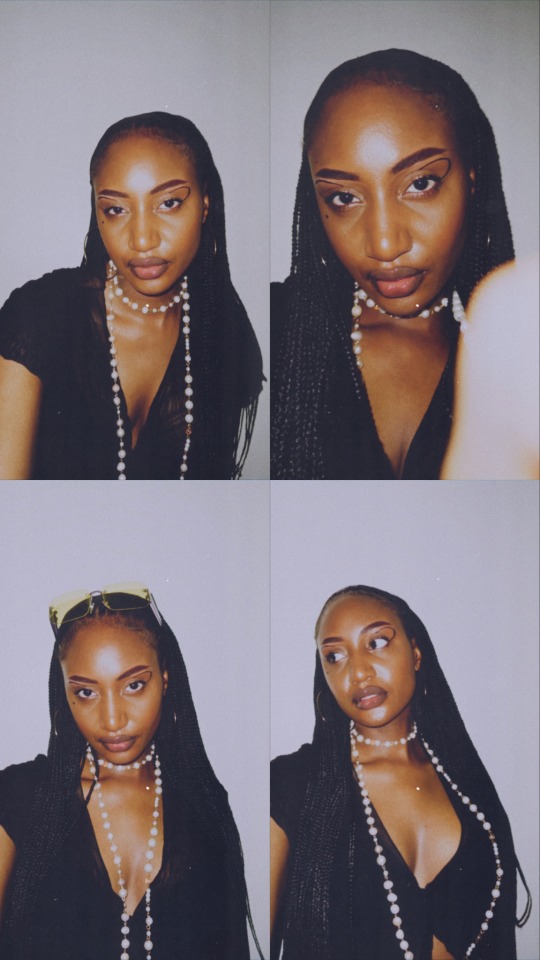
#afrobeat#afrobeats#afropop#afrofusion#r&b music#r&b#alternative#fusion#music#chill#playlist#spotify#relaxing#african#nigerian#bella alubo#dark skin#melanin#photography#y2k#retro#vibes#eyeliner#makeup#black girl#knotlessbraids#luxury#aesthetics
4 notes
·
View notes
Text
BURNA BOY: RISE OF THE AFRICAN GIANT

In many ways, Damini Ebunoluwa Ogulu was always made for greatness, but for the longest time he was one of only a few who believed it. As it happens with those with the strongest wills, this inner conviction of who he was meant to be would prove sufficient to propel him to his destination. With his journey to the top of Nigerian (and African) music now complete, and as he soars to achieve a similar dominance at the global level, it is important to remember that, though he has slid into his star status with all the ease of a natural, his pathway to the summit was not always a straightforward one.
After a spell spent studying in the United Kingdom, which infamously ended in an arrest, Burna Boy returned to Nigeria to pursue his dream endeavour—music. The year was 2011, and Afrobeats—the dance-ready, percussion-focused medley of indigenous sounds with foreign influences—had taken flight. It was a pivotal time in Nigerian music, as the stars who had ruled the last decade—like D’Banj and 2baba—began to wane in influence, while the acts who would take the baton for the next decade, like Wizkid, Davido and Olamide, were taking the first steps of their careers.
In this mix, too, was Burna, and with neither the support of a major label nor an external source of financing in its place, he would have to make things work by himself. As a result of this, his earliest musical efforts, however excellent they were sonically, could not make a commensurate commercial and cultural impact. But he was not entirely alone. He was aided by his manager and mother, Bose Ogulu, who had some ties to the music industry; her father, Benson Idonije, was a music journalist who had managed Fela Kuti. Together with Aristokrat Records and its in-house producer, LeriQ, Burna Boy and his small band of creatives and executives sought to make a dent in Nigeria’s music market.
His earliest forays came via mixtapes. Burn notice: The Mixtape was the first of them, released in April 2011 on the strength of a few singles like “Remember The Titans” and “Wombolombo Something” that were making local ripples at the time in the Port Harcourt scene. He followed up in November with “Burn Identity,” and for this sequel he recruited national stars like Davido and Sauce Kid. These mixtapes were part of an elaborate build up to his debut album—in place of the EP format that is the more common route today. But before its arrival, he needed a spark, a breakout single that would establish him beyond the confines of his Port Harcourt base.
That would come in 2012’s “Like To Party,” which was as true a reflection of Burna’s carefree spirit as could be accurately transcribed in music. Set to dancehall and raggae production that favoured a more tranquil side of afropop, Burna created the perfect beachside song, turning the rejection of his affections—”I been begging but you no wan gree/ Say you you know want me” into a genuine excuse to craft the memorable, wild party. Ingredients like these are never wasted in the hands of the right chef, and Burna was able to draw from his uniquely guttural-yet-soulful vocal range and create what many regard to be his proper breakout single.
Burna Boy would bring all of this to his next release, “Tonight,” this time soaking in some sultriness to set this song in sensual waters. “Said tonight will be your night/ Gotta be doing something right,” he sings, as his chorus loops a single nonsensical word until it becomes the soothing balm for a Friday night’s groove after a work-filled week. For his efforts in 2012, Burna tied for first at the Headies rookie competition, which rewarded underground stars with a chance to perform on the stage of Nigeria’s premier music awards.
His introductions now out of the way, it was time to unveil a much-awaited debut album. Succinctly titled Leaving an Impact For Eternity, it was supported by a quartet of pre-released singles, (“Like To Party”, “Run My Race”, “Tonight” and “Yawa Dey”) whose quality foreshadowed good tidings for the album—a bar that Burna and LeriQ had no problems crossing with its release. They were in complementary form, working in dancehall, hip hop, reggae and elements from Fuji into the 19 track LP (for its deluxe). LeriQ shone especially in his ability to craft pop songs without dipping into the explosive Ghanaian-tinged production that was all the rave back then, the cloth from which Wizkid fashioned the bulk of his Superstar album—ensuring Burna Boy could light up a party with every bit of his distinctiveness intact.
L.I.F.E. was a scripting of Burna Boy’s status as he simultaneously affirmed his new position as an uprising star whilst arguing that he should be so much greater. You see, this drive, nearly bordering on discontent, has been the force behind his career, and the reason why his newfound material comforts—the fame and money—in no way slowed his momentum. Worsening economic conditions in Nigeria have made a few prospective endeavours choice paths for those seeking an escape from a harsh upbringing into a much better future. Music is one of these, but Burna Boy’s hunger has always been for greater things.
This drive, like the flip side of a coin, is also his weakness. In 2014, a year after his debut album had established a place for him in the industry, cracks began to appear in his lean, mean team. The first of these would come in July, when he appeared to relieve his mother of her managerial duties via a now-deleted twitter post, in which he infamously announced it was time to "let my mother be my mother and let my manager be my manager". Bose Ogulu would come out a few days later and attempt to throw some clarity to this statement, but while that episode was still playing out, word came out that he had left Aristokrat Records, the imprint under which he had released all previous music. That turned out to have been a mutual separation following contract expiration and non-renewal, but it effectively meant he would have to record his album without his mother-manager, Aristokrat Records or LeriQ, its in-house producer.
The result was about as bad as could be expected. Burna Boy had a rough 2015, most of it self-inflicted, so that at the time of the release of On A Spaceship, he had managed to threaten the media, exchange words with fellow artists, and berate award shows, and for anyone who had missed any of his shenanigans, he made the baffling decision of taping an interview of a journalist outlining his flaws and making it his album intro. That, save for the brooding, Fela-inspired album closer, "Soke", was the most exciting point of the album, the rest of which placed somewhere between forgettable and unoriginal. In the end it was clear that On A Spaceship, and the decisions that led to it, was a big misstep for Burna.
He would then spend 2016 reversing the wrong decisions that had brought him here. He mended fences with Aristokrat Records and was once more back with LeriQ, and though he would still release future music under the self-owned Spaceship Records, he could receive A&R guidance from his former label. Less than a year after On A Spaceship, he released Redemption, an EP celebrating not just these healed rifts but his re-entry to the UK, 5 years after he had received a ban for illegal activity. Redemption was also the earliest attempt to ‘westernise’ his sound, as he and LeriQ slid even deeper into his low-tempo grooves, emerging with a grinding dancehall joint like album opener, "Pree Me".
Redemption was not the instant return to top form that he might have envisaged, as it struggled to both reaffirm his national position and establish a foreign one in only 7 songs, but he was clearly making steps in the right direction. It would take two more years of work and creativity, and a return to Bose Ogulu as manager, for them to pay off, and this happened with his next album, Outside. It was named for Burna’s desire to stretch his influence beyond Nigerian and African borders, but it excels for his abilities to tie these diasporan visions to an African identity, a hurdle that Wizkid’s Sounds From The Other Side, also sharing this world-conquering vision, could not clear. In many ways, Outside was the birth of the Burna Boy’s superstardom: it was the perfection of the self-styled Afrofusion, where samples of Fela Kuti’s “Sorrow Tears And Blood” on “Ye” sit beside EDM on the titular track which sits beside the patois-dripping, ragga-influenced “Sekkle Down” which sits beside the ethereal, chest-thumping “Heaven’s Gate.” Burna Boy, the conductor of this mix, not only makes it work, but achieves cohesion in a way only he can.
The album also housed the sleeper hit “Ye”, which, with a tinge of luck supplied by publicity brought by the homonymous Kanye West album, took off for what was his first global hit. Outside was also the first lap of a three-year, three-album spell in which he asserted himself incontrovertibly in global conversations. African Giant, which came next in 2019, was fueled by the same Afrofusion cocktail, and with the album (and the circumstances surrounding its name) he introduced the world to his grandiloquence and the talent that inspired it, before 2020’s Twice As Tall clinched for him a much-coveted Grammy and brought to a fine conclusion his intercontinental dominance arc.
With last year’s Love, Damini released in his new status as a bonafide global superstar, and then becoming his most-streamed project, Burna Boy has now all but completed what ambitions must have spurred his entry into music in the first place: A host of major awards in the bag, unforgettable performances at some of the most iconic locations in the world, a teeming fanbase more than ready to draw arms in defence of his (many) gaffes. Knowing Burna, you would still not expect him to be satisfied.
With great talent sometimes comes an outsized desire to make it known to as many people as possible, and an ever-throbbing impulse that tells you you can do even more. Burna crams all of this triumphant euphoria into his latest single, “Sittin’ On Top Of The World," and while it marks some deviation from his patented Afrofusion, we can rest assured that Burna’s plans for his next album and era will embody every bit of the excellence he has exuded at every stage of his storied career thus far.
This article was written by Afrobeats City Contributor Ezema Patrick - @ezemapatrick (Twitter)
Afrobeats City doesn’t own the right to the images - image source: Instagram - @Burnaboygram
#Afrobeats#Afrobeats City#Burna Boy#African Giant#Sittin on top of the world#Last Last#Ye#Africa#African music#Nigeria#Nigerian music#Afrofusion#Afropop#Afrobeats article#Brandy#New Music#Music#Spotify
8 notes
·
View notes
